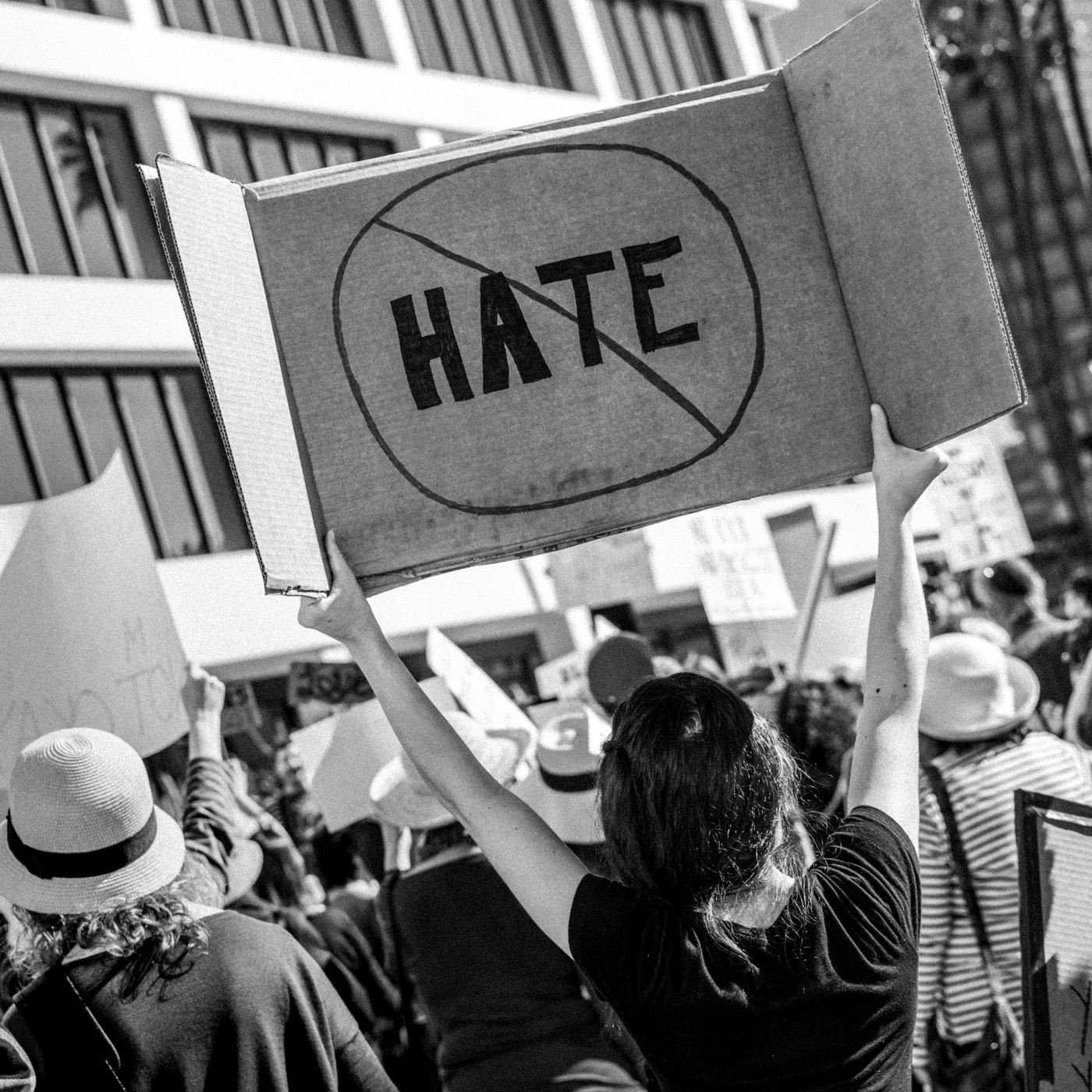Combatting Hate Crime: How can LGBTI organisations work with authorities?

Tackling hate crimes against LGBTI people requires the cooperation of police authorities, but for different reasons this doesn’t always happen. In this blog, we share some ways in which LGBTI organisations can contribute to combating attacks against the LGBTI community, which are still on the rise across Europe.
In our latest Annual Review of the Human Rights Situation of LGBTI people in Europe and Central Asia, we’ve continued to see a rise in hate attacks against LGBTI people across the region. While this is not a new trend, it’s a concerning one that we’ve been monitoring for some time. Many survivors of these attacks do not report them to the police but instead turn to civil society, an in particular LGBTI organisations for help.
People in LGBTI organisations are trusted by their communities and survivors of hate crimes often feel more comfortable approaching them than the authorities. This is why many LGBTI organisations not only provide support but also collect data and monitor these attacks. However, organisations can only do so much, for this reason cooperation with law enforcement authorities is crucial.
The European Commission has developed a guide for national authorities on how to work collaboratively with civil society organisations in combating hate crime. Civil society organisations play a vital role in understanding the needs of victims, the local context, and the challenges faced by those at risk of hate crime. Partnerships with the police can lead to tailored responses to hate crimes, support operational police work, and help build trust and confidence in authorities.
Here are some actions that LGBTI organisations can take to contribute to police work in combating hate crime:
- Reach out to individuals and groups at risk of hate crime victimisation and raise awareness of their rights, including through schools and educational activities.
- Encourage reporting of hate crimes and empower victims and witnesses to come forward.
- Facilitate reporting on behalf of the victims.
- Participate in and contribute to effective referral arrangements for victims.
- Share methodologies of data collection and patterns of biases.
- Increase the capacities of police and law enforcement authorities through training sessions and practical guidance.
- Assist victims in reporting hate crimes and accessing specialist support, providing emotional support, practical help, information, and accompanying victims to report as their ‘person of trust’.
Cooperating with the police and national authorities is also a way for civil society organisations to hold them accountable for combating hate crimes and fulfilling their obligations to protect and promote the fundamental rights of LGBTI people.